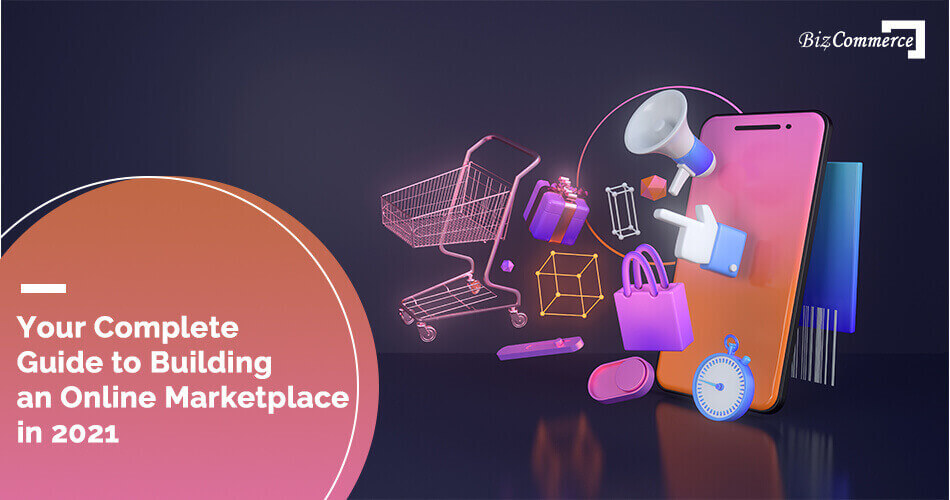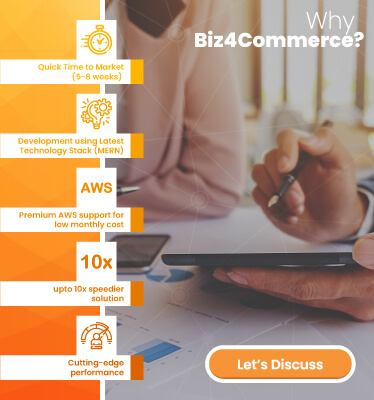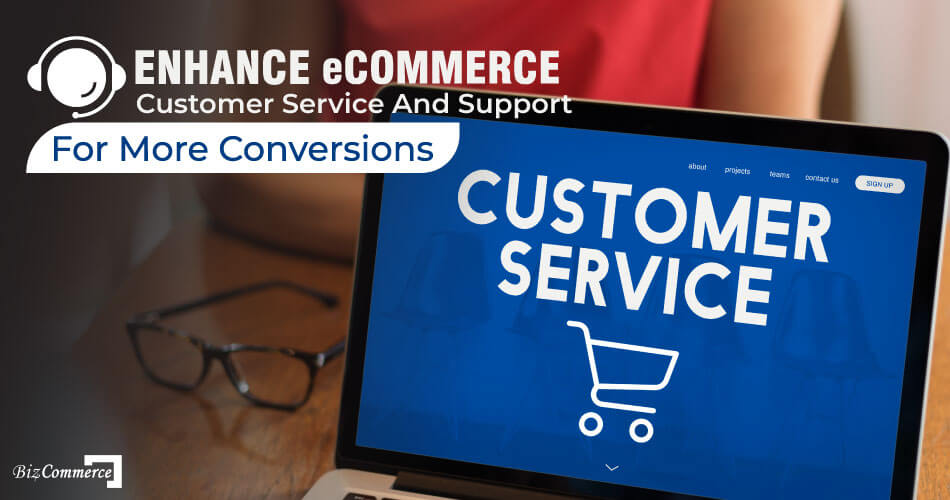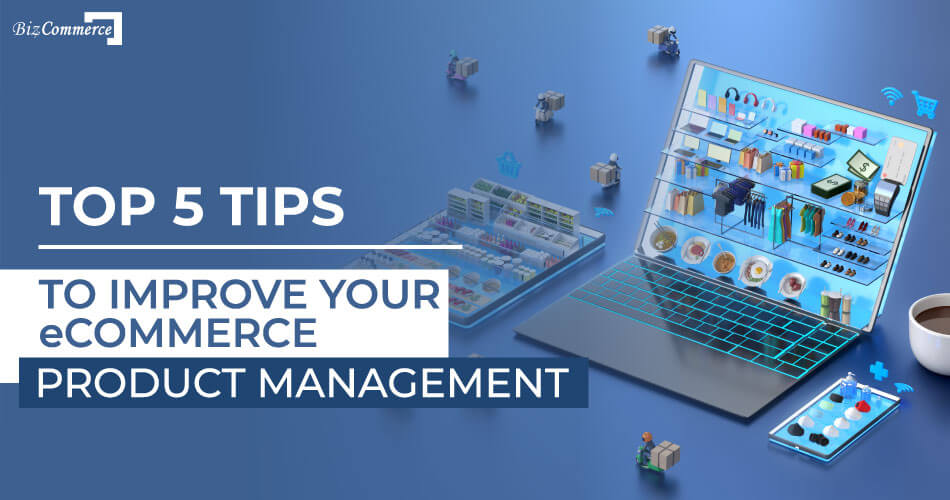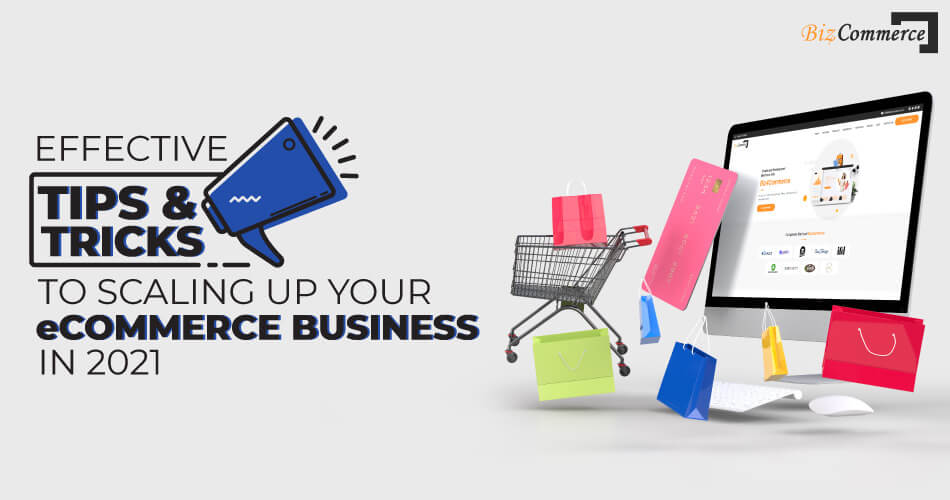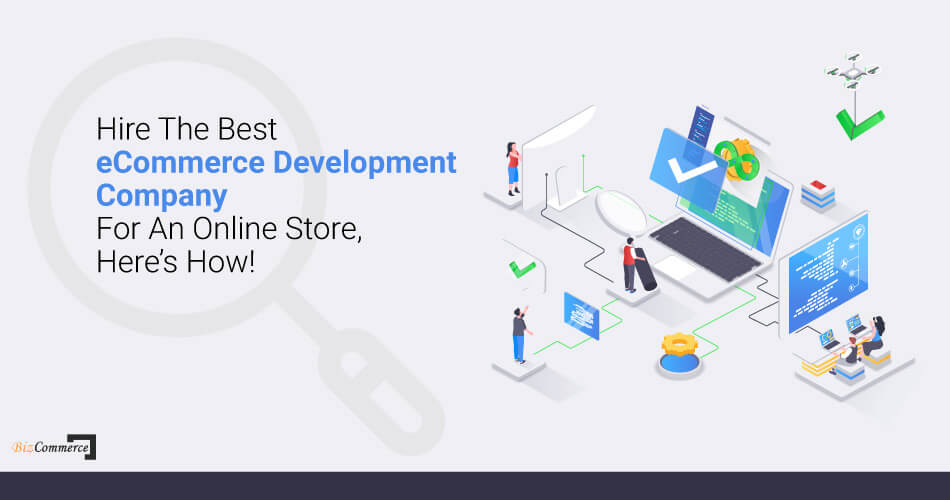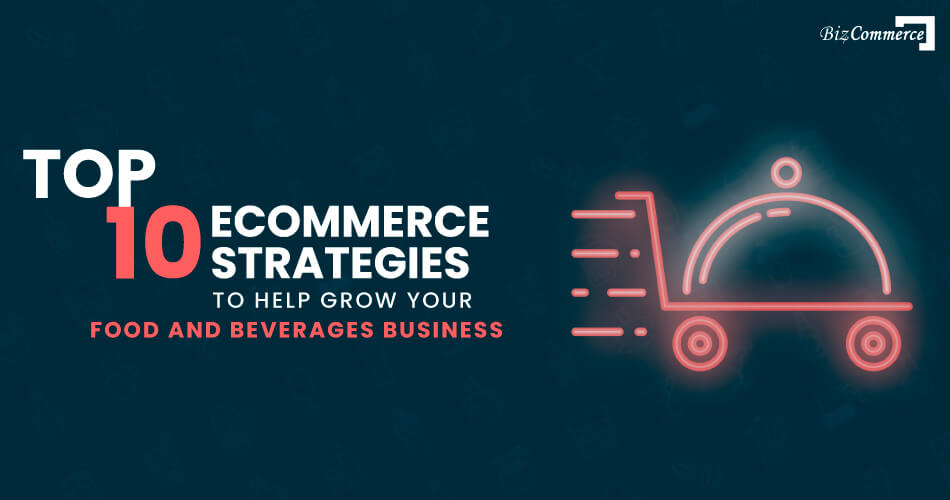Complete Guide to Building an Online Marketplace in 2021
Statista predicts that the number of online buyers is set to exceed the 2.1 billion mark this year. This comes as no surprise- all thanks to the pandemic, where everyone is stuck indoors and are compelled to purchase goods online. Now is the right time to launch an online marketplace to increase business revenue, expand customer base and find new business partners while obtaining a scalable and automated business model that generates revenue 24*7.
An online marketplace functions independently with the sole purpose of connecting buyers and sellers directly. It aims to offer a convenient and secure experience while performing transactions, including secure payments, automatic refunds, and instant payment cancellations.
This article will serve as a thorough guide on the cost involved in creating an online marketplace, considering aspects such as features to be developed, the technology stack to be used, the business model to be followed, and much more.
Factors to Consider while Creating an Online Marketplace
#1 Business Model
In order to build an online Marketplace, you first need to decide the business model it will follow. This will subsequently impact the cost involved in the development stage. An online marketplace can be based on the following models:
- Vertical- Focused on a specific category of products or services. Example: AirBnB
- Horizontal- Provides a wide range of products and services from different categories. Example: e-commerce platforms like Amazon
- Global- Exchange of products or services beyond geographic borders. Example: AliExpress.
- B2B- Stands for a business-to-business model of marketplace websites. Goods and services are sold between businesses. Example: Zappos
- B2C- Refers to a business-to-customer e-commerce model. Products or services are sold between businesses and customers directly. Example: Amazon
- P2P- Stands for a peer-to-peer model, where the marketplace is a mediator between people who own a product and buyers who want to purchase it. Example: Uber
#2 Key Features of the Marketplace
Deciding what features your marketplace will comprise of, will have a significant impact on the overall cost. However, zeroing on the most essential features and developing an MVP will give you the added advantage of sticking to features that work for your audience group and then building upon them based on feedback received from customers. Basic features can include:
- Simple registration and login process
- Browse products by category
- Add to cart/ Wishlist
- Checkout with the right and secure payment gateway
- Ability to give and view ratings
- Customer support
- Order History
- Vendor dashboard to add products, edit products, view analytics
- Secure connections and transactions
#3 Development Solution- Customized or Open Sourced
A customized solution is the way to go if you have access to a team of specialists that can hardcode your requirements into the website. This comes with the added advantage of having access to the code, no third-party dependencies, and licensing. This approach can cost you significant capital - starting at $50,000 and takes at least three months to be completely developed.
In case you opt for using existing software, your business will save some time in creating all basic features from scratch. This is also a lot cheaper to build as compared to the previous option. You would, however, need a team on standby for any adjustments, maintenance, and updates to be issued. In case the third-party code doesn’t offer updates on legal requirements for payments, for example, your team must handle it.
#4 Development Team
Tying in with the above point, there are two options to choose from when it comes to hiring experts to set up your online marketplace. You can either opt for hiring a full-fledged team or outsource freelance developers to work on terms related to a particular contract. In-house
Hiring an in-house team is time consuming and a costly affair. While you will certainly have full control over the development process, you would need some technical knowledge to hire a chief technical officer to recruit the right experts for your project. However, this option gives you exclusive rights to your code, plus a team to modify the website as and when required. Outsourcing
Outsourced development services are significantly cheaper as compared to the former option. Additionally, you will obtain a pool of experts rather than trying to hire one expert at a time. There are certain drawbacks that accompany this choice- possible security risks, time zone differences, communication bottlenecks, and possible failure to meet deadlines. But with a reliable third-party company, outsourcing can be a beneficial option.
#5 Technology Stack
Once you have zeroed in on the features you want to include and the kind of development team you want to opt for, the next step is choosing a technology stack to help you build the front end, back end, APIs, integrate the payment gateways, etc. Here are some programming languages to choose from-
- Programming languages: Java, PHP, Ruby
- Databases: PostgreSQL, MySQL, MongoDB
- Front-end: Angular, ReactJS, HTML5, CSS
- Back-end: Node.js
- Payments: Stripe, PayPal
- Analytics: Google Analytics
- Infrastructure: Amazon Web Services
Cost Involved in Setting up a Marketplace
This is the part you’ve been waiting for. Depending on your budget, here is what you can expect in different price ranges.
Budget- $1,000-$5,000:
- Utilize a SaaS solution or maybe an open-source software to build your marketplace.
- A generic e-commerce and website builder with basic functionalities can be developed
- If you can code, you can improvise on the provided features
- Hiring a full-fledged team is not an option here.
Budget- $5,000-$50,000:
- Use an API-based software to build a basic marketplace website with a few added functionalities
- You may have some capital left to hire a few developers to keep up the maintenance of the website
- You can also opt for a generic website builder or open-source software to build the marketplace
Budget- $50,000-$150,000:
- Hire top software developers to build your custom marketplace from scratch
- Add necessary features plus advanced functionalities (example- AI-led chatbots for personalization)
Final Thoughts
So there you have it! Our comprehensive guide on what factors the development of an online marketplace depends on and what is achievable in different budgets. We hope this has given you a clear idea of where to start your journey to build a scalable and unique online marketplace.
Choosing the Biz4Commerce eCommerce platform can be highly beneficial for your eCommerce store. We have a seasoned team of eCommerce experts and a pool of creative UX designers who will create nothing but the best online store for your business. With a myriad of reusable components at hand, we make sure your eCommerce store is up and live within a matter of few weeks. Join us in helping you make your business a great success.
